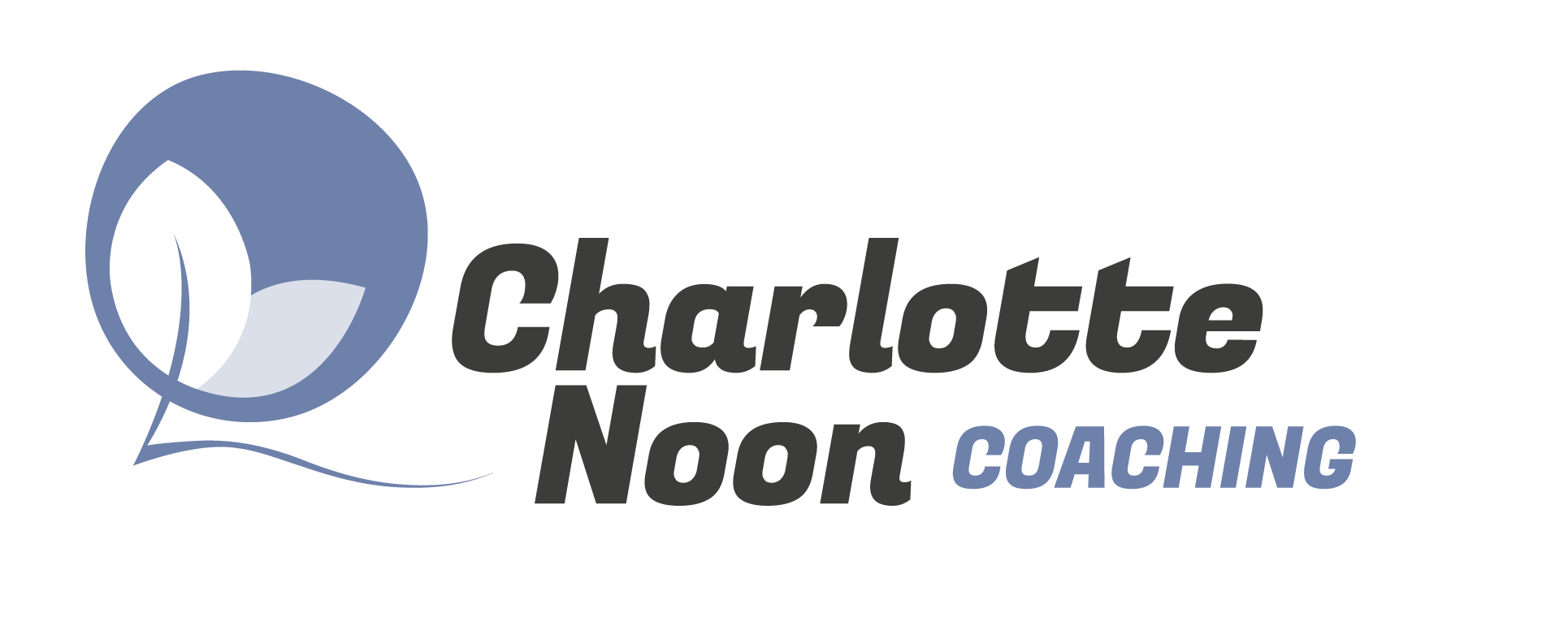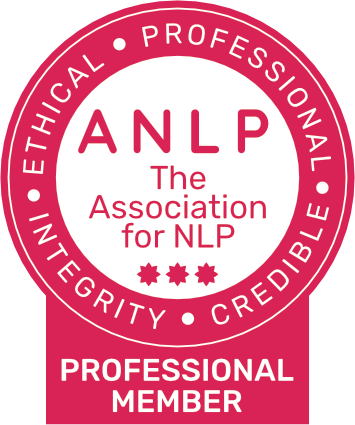Why it is vital to talk to your teen about bullying (even if they are not being bullied)

Anti-bullying week is important for EVERYBODY, adults and teens alike.
Why?
- BECAUSE bullying doesn’t stop at school, sadly. In fact, some of the worst bullying I have witnessed has been amongst adults – at the school gates, in the workplace, in the staff room, in marriages.
- BECAUSE we need to teach our teens (and ourselves) the tools and skills to know how to handle bullying (whether it is us being bullied or somebody else).
- BECAUSE we all play a role in bullying – even if we have never knowingly bullied anybody or been bullied ourselves.
According to the Anti-Bullying Alliance, when there is a bullying incident, people tend to play one of the following roles:
- Target – the person the bullying is aimed at
- Ringleader – the person who initiates or leads the bullying
- Reinforcer – the person who stands by the ringleader, laughs along and encourages the behaviour to continue
- Assistant – the person who assists the bully in their bullying tactics
- Outsider – the person who is either unaware or chooses not to get involved
- Defender – the person who stands up to the bully, tells somebody else or checks the person being bullied is ok.
We need to educate our teens about bullying because they will inevitably at some point in their lives be in one of these positions at least once.
The reality is that the “ringleaders” are usually in the minority.
The majority of us will most often find ourselves in the “defender” or “outsider” position, where we have to make that choice about whether to get involved or stay out of it. Whilst turning a blind eye might seem like the right choice to maintain the status quo, by doing this, we are often making it all too easy for bullying to become the norm – at school and at work. Arguably, if more people stepped in and spoke out, bullying in the workplace would become less common.
Most schools and workplaces have anti-bullying policies in place. But this is rarely enough. Bullying can be covert, hidden, or worse, covered up by the institutions there to protect us from it.
It can take many forms and all too often many of the following are brushed under the carpet and glossed over:
- cutting remarks followed by “I was just joking”
- deliberately isolating a person from colleagues or leaving someone out of remote meetings
- using messaging apps to gossip during colleagues’ presentations
- unwanted physical contact
- preventing another employee’s promotion by blocking their progress, or setting them up to fail by giving unachievable targets
- blackmail
- gaslighting
- misuse of power, such as forcing employees to sign non-disclosure agreements to cover up inappropriate behaviour
Such psychological and emotional bullying is often hard to prove and can lead to shame, the erosion of self-esteem and the forming of limiting beliefs such as “Nobody likes me” or “I’m not good enough,” which can be carried around for years afterwards.
This is why I am so passionate about helping teenagers to equip themselves with the tools they need to recognise bullying for what it is – not a reflection on them but a reflection on the person who is inflicting the cruelty.
So, what can we do to give our teens the resilience to navigate such situations now and in the future?
Unfortunately, we cannot change the behaviour of others. Wherever we go in life, there will be people who think that it is acceptable to try to gain power over others in a manipulative or cruel way.
We can, however, help teens to focus on what they can influence.
One of the best ways to help your teen protect themselves from becoming a victim of bullying is to help them to get clear on their own values, to recognise their own self-worth and to learn how to build healthy relationships with others by setting boundaries. Over the next few weeks, I will be sharing blog posts on how you can help your teen achieve these goals.
If your teen could do with some 1:1 support, I offer self-esteem coaching sessions for teens. I can work with them to release old wounds or unhelpful beliefs and recognise their own unique brilliance.
If your teen has been or is being bullied, I can help them to heal from this by helping them unhook the emotion and the meaning they have attached to it.
If your teen feels that another person has power over them, I can help them to change this by helping them change where they are holding the other person in relation to themselves in their unconscious mind.
One or two sessions is often enough for your teen to have a brand new outlook.
The theme of Anti-Bullying Week 2022 is “Reach out”. If you or your teen is being bullied and you need to reach out, there are plenty of places you can reach out to.
Anti-bullying Alliance suggests the following helplines for young people:
- ChildLine:ChildLine is the UK’s free, confidential helpline for children and young people. They offer advice and support, by phone and online, 24 hours a day. Whenever and wherever you need them, they’ll be there. Call 0800 1111. They have a designated page for bullying issues that includes a new video about building up your confidence after bullying.
- Direct Gov: Information for young people on cyberbullying, bullying on social networks, Internet and email bullying, bullying on mobile phones, bullying at school, what to do about bullying, and information and advice for people who are bullying others and want to stop.
- EACH :EACH has a freephone Helpline for children experiencing homophobic, biphobic or transphobic bullying or harassment: 0808 1000 143. It’s open Monday to Friday 10am-5pm.
- Victim Support:They offer support to young people affected by crime. Their Children and Young People’s (CYP) Service also deals with cases of bullying; offering advice and working with professionals to ensure young people get the support they need. You can call their Supportline for free on 08 08 16 89 111.
If you are being bullied in the workplace:
Bullying in the Workplace | Bullying advice for employees (nationalbullyinghelpline.co.uk)

